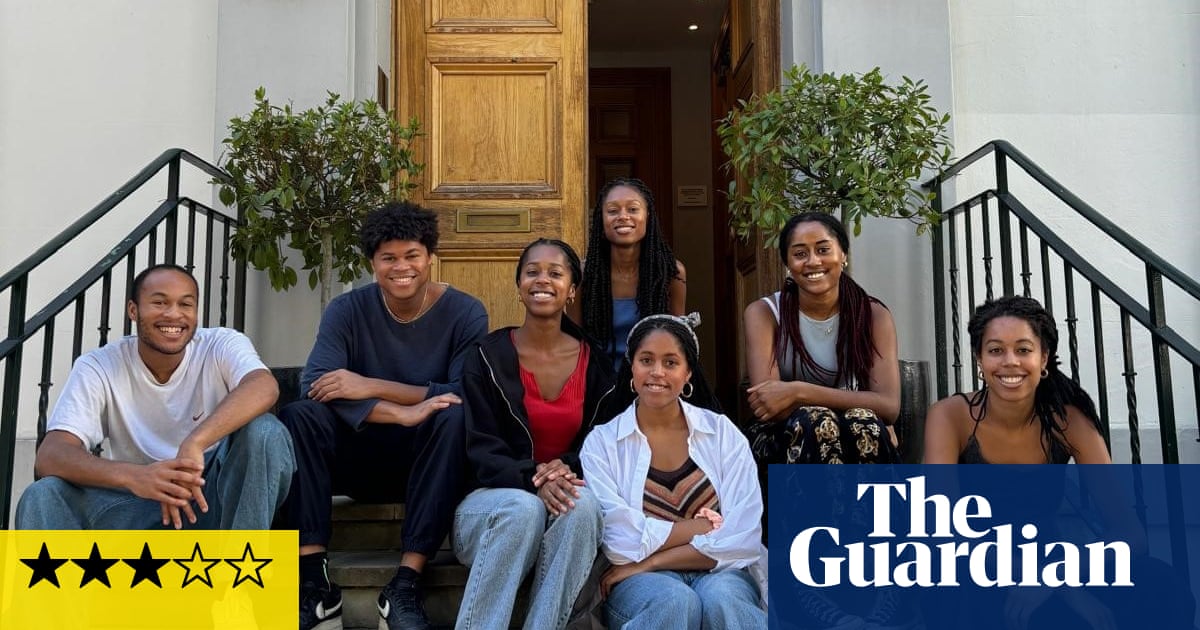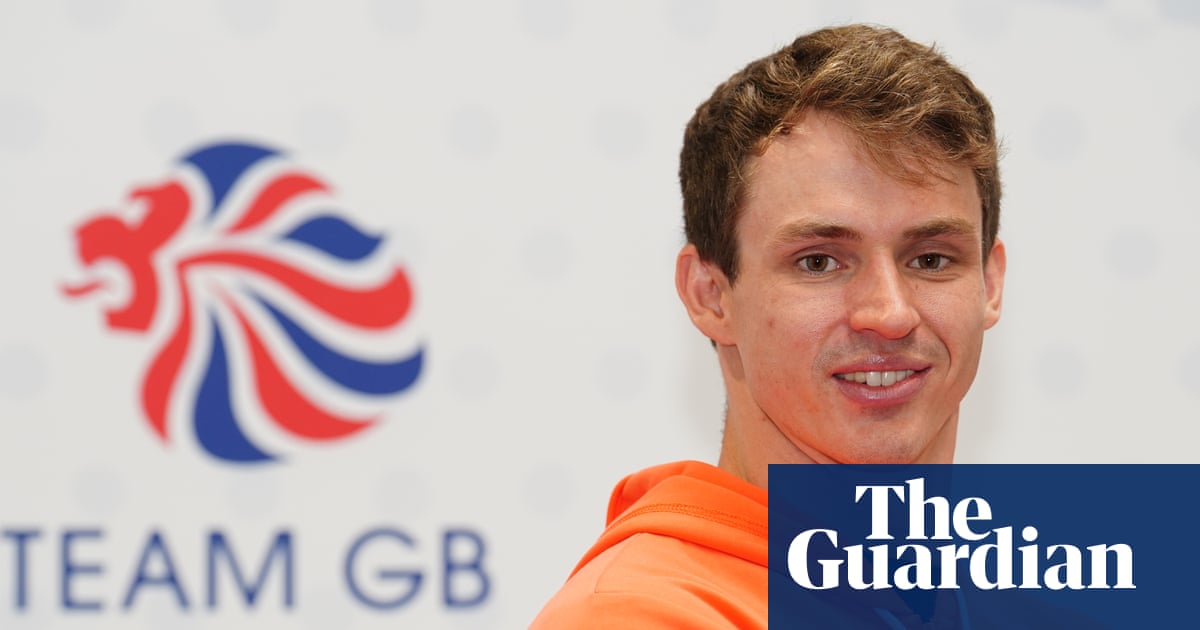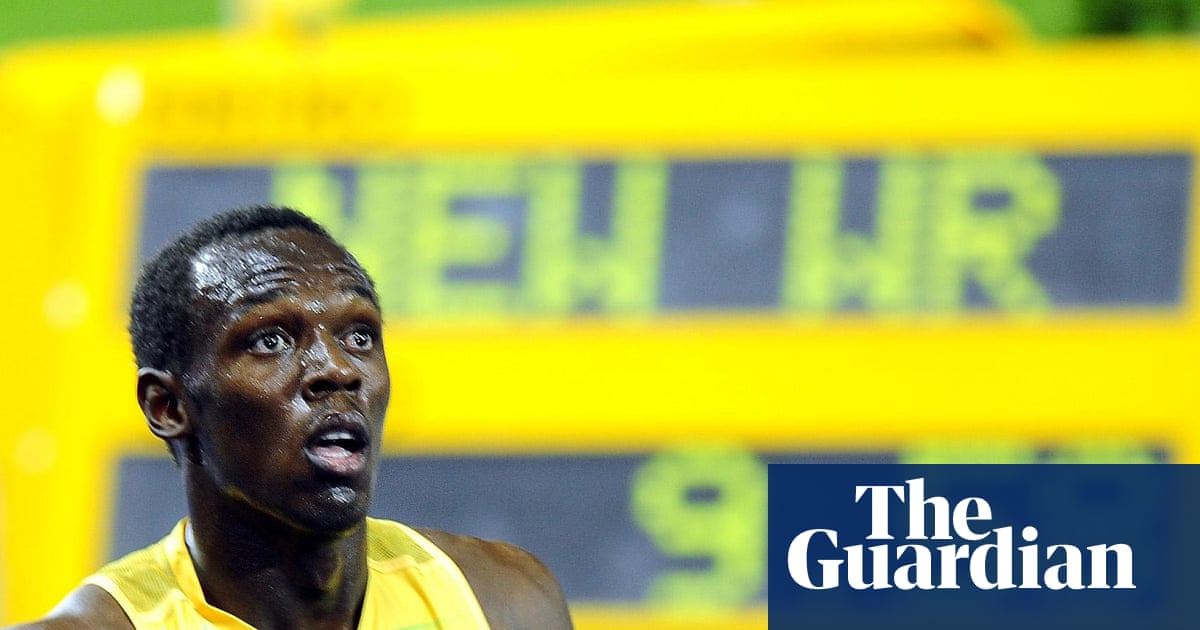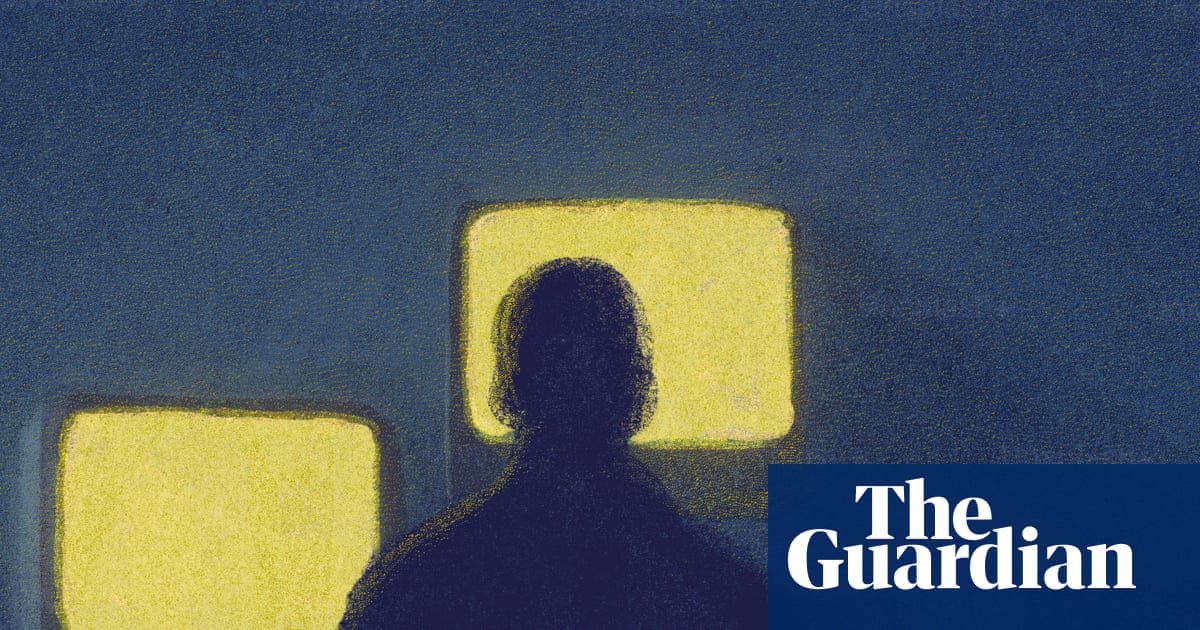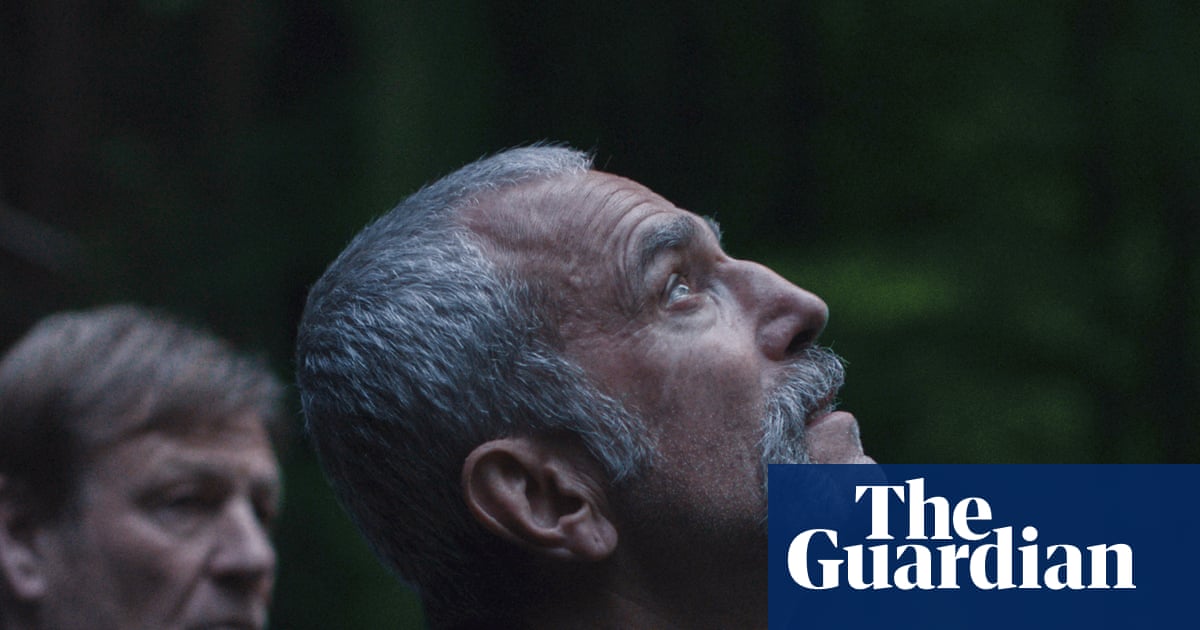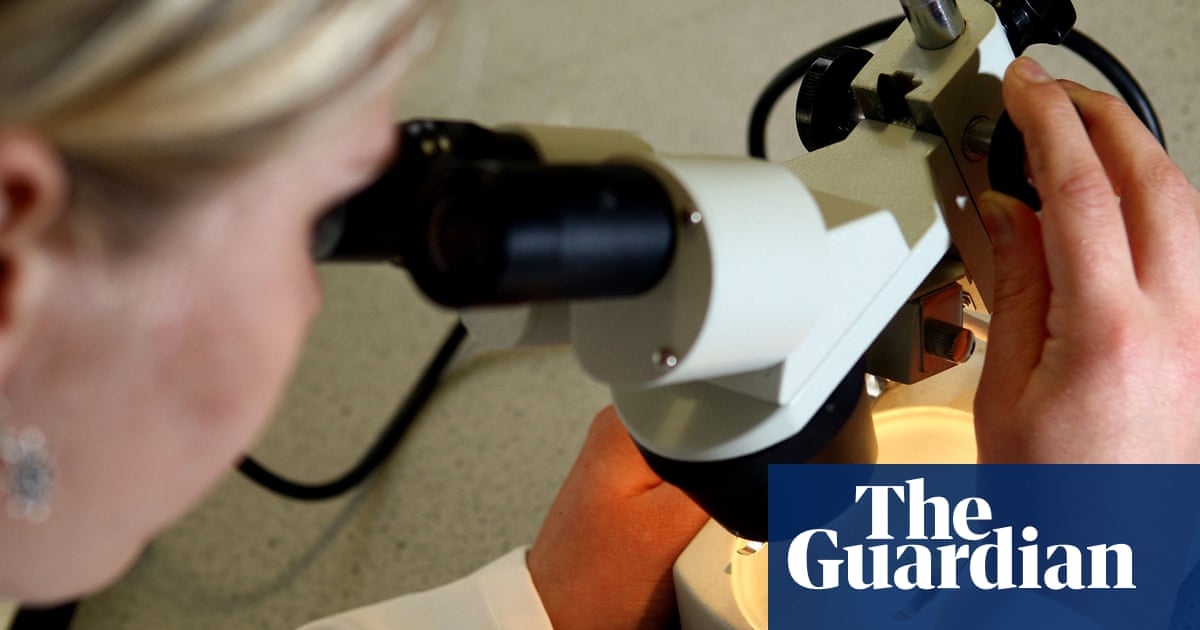When Sandy Jeffs was diagnosed with schizophrenia in 1976, “it was an absolute death sentence because schizophrenia and recovery weren’t spoken of in the same sentence back in those days”.
“To have your future taken away from you like that, at 23 years of age, was just awful,” she says, “and I bought into the pessimism of my diagnosis because that’s what I was told by all those clinicians.”
Jeffs went from being a university student to “unravelling” – graduating but not being able to get a job, and needing admission into the now-closed Larundel mental hospital in Melbourne.
When Australia began closing these asylums in the late 1980s, it was the start of Jeffs’s career as a “public loony” – as she is proud to call herself – which placed her among the first wave of people to speak openly about living with mental illness.
As well as her work as a mental health advocate, Jeffs is a poet, author, hockey player and violinist. But despite being involved in several anti-stigma campaigns, she says complex mental illnesses like schizophrenia have never become normalised in the way anxiety and depression have. “Hollywood hasn’t helped either depicting us either as mass murderers or mad geniuses,” Jeffs said. “No one is ordinary like me.”
Now, after the “relentless negative spotlight” cast by the five-week Bondi Junction inquest into the Joel Cauchi mass stabbing murders, she wonders “can we ever de-stigmatise schizophrenia?”
The coronial inquest is investigating the circumstances surrounding Cauchi killing six people at Westfield Bondi Junction on 13 April 2024 before he was fatally shot by a police officer.
Cauchi, 40, was diagnosed with schizophrenia as a teenager. His condition had been appropriately managed but the inquiry heard he was “lost to follow up” with healthcare professionals after he moved from Toowoomba in 2020.
Cauchi’s diagnosis and care, and their potential link to the mass murders, has been heavily scrutinised during the inquest, which set to continue for another week.
The spotlight has caused distress among many people with schizophrenia, fearing they will be further judged and ostracised.
“I just don’t know how we’re going to come back from this,” Jeffs says. “It’s going to be so difficult to even hold our heads high, let alone declare to an audience: ‘I have schizophrenia. I am not a monster.’”
Many friends of Jeffs are now afraid to say they have schizophrenia, she says. She fears the damage will be “irreversible” for young people just diagnosed.
‘A very sensational effect’
Schizophrenia was already known to be one of the most stigmatised mental health conditions. The Bondi Junction inquest is likely to amplify that, especially as “they’re so clearly using the diagnostic label”, the deputy director of the University of Melbourne’s Centre for Mental Health, Prof Nicola Reavley, says.
Because schizophrenia is an uncommon condition, people are more likely to be influenced by media reporting, Reavley says.
It could also be leading people living with schizophrenia to withdraw from activities and opportunities due to “anticipated discrimination”, she says.
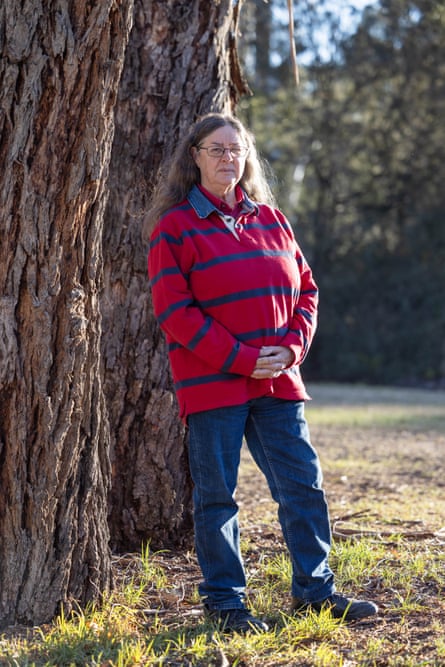
The CEO of Sane, Rachel Green, leads a national mental health organisation for people with complex mental health issues, says “we’re hearing from people in our community – who live with schizophrenia and family members – who are just devastated by the scope and the scale of this inquiry.”
She says the “ongoing, intensive reporting” on Cauchi and his schizophrenia during the inquest is “obviously newsworthy” and of real public interest, “but it is only telling one single particular story and the worst case scenario.”
When coronial inquiries conclude, they can produce nuanced findings. But while the hearings are in progress, being reported piecemeal, “it’s got a very sensational effect,” Green says.
Ever since Harry Jordan experienced two episodes of psychosis as a teenager, the 30-year-old is constantly educating people “about what it was and what it wasn’t”. “A lot of people just are completely ignorant as to what a complex mental illness is. I didn’t know what psychosis was until I was diagnosed with it at hospital” he says.
“Positive stories … of people living with complex mental illness and thriving as successful, happy, driven and empathetic members of society need to be present in the media to help shine a positive light and better educate the public.”
after newsletter promotion
The NSW chair of the Royal Australian and New Zealand College of Psychiatrists, Dr Pramudie Gunaratne, says “one of the additional dangers of this tragedy is that it does further stigmatise people with severe mental illness, and particularly because these are people who are already so marginalised.”
The inquiry draws a link between schizophrenia and criminality, which does not apply to the vast majority of people that have schizophrenia, Gunaratne says.
Schizophrenia is a serious, long-term mental health condition, and one of the symptoms of schizophrenia is psychosis. During an episode of psychosis, a person’s thoughts and perceptions are disrupted, so they may have difficulty recognising what’s real and what’s not, Gunaratne says.
“It’s an illness, just like any other medical condition, it’s the hand that you’re dealt with in the lottery of life. These are people who need access to healthcare, but our systems are failing them.”
The missing voice
Before Dr Margaret Leggatt became the co-founder of Sane, her work in the 1980s was to ensure the people with mental illness being discharged from institutions had the support they needed.
But the funding from the institutions that was supposed to follow people into community-based treatment never materialised, Leggatt says.
What’s more, as mental health services have become more stretched, Gunaratne says the few available have shrunk to cover hospital emergency departments and inpatient units.
If someone becomes unwell when they’ve been discharged into the care of their GP or a private service, there is no pathway for them to be referred back until they reach a crisis point, she says.
Leggatt says “Joel Cauchi is the end result of our complete and utter failure to provide the sort of services in the community that somebody like Joel needed.”
There has been no national public conversation about complex mental illness or schizophrenia, Green says, and the Bondi Junction inquest is problematically “sort of serving as a proxy for it.”
While the inquest might produce good recommendations for the specific circumstances of the Bondi Junction tragedy, there won’t be a discussion about broader systemic changes, Green says.
There is still no data on how many Australians live with schizophrenia, are employed, can access care or have trouble maintaining care because they move interstate, Green says – “so how the hell are we planning services or responses?”
She says there is a voice “that’s missing” in the big inquest story: “We’re not hearing the voice of people who live well and why.”
Jeffs says what keeps her in good health is having “team Sandy” – made up of not just her clinicians, but also the people she has shared a safe, secure home with the last 15 years, her sport, music, and writing, as well as her friends and pets.
The gold standard of mental health care is the Trieste open door model about supporting people, socially, financially and psychologically, to enhance their wellbeing, Jeffs says. She laments that Australia does not invest in that wrap around support.
“If you’re homeless, and you’re not cared for, and you have no team around you – where’s the incentive to stay well?”

 3 months ago
66
3 months ago
66


